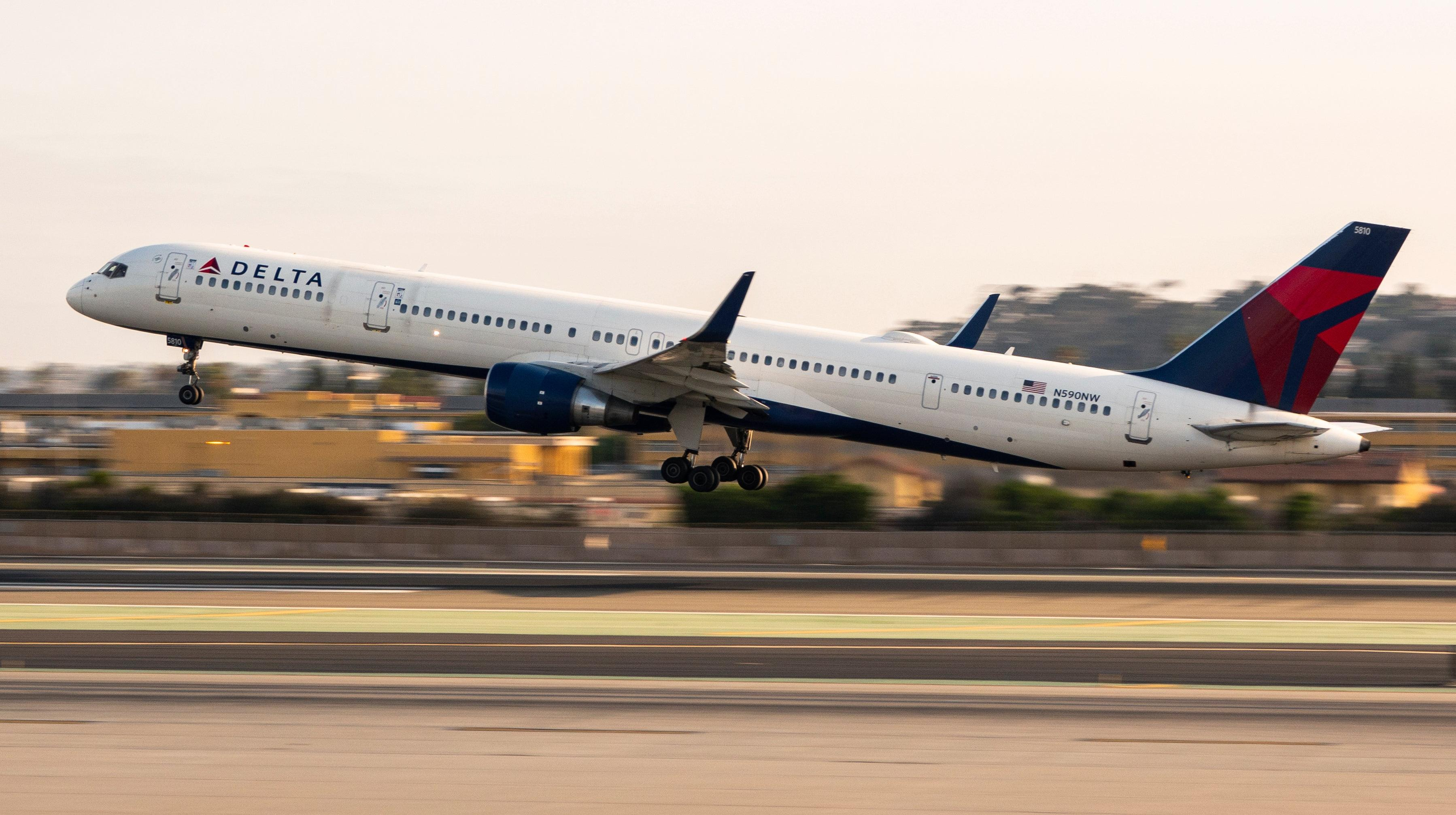Do Frequent Flyer Programs Feel Like A Scam? The Feds Are Investigating Because They Just Might Be
USDOT is digging into the nuts and bolts of the billion-dollar credit card businesses
Frequent flyer miles are meant to serve as a reward for loyalty toward a specific airline but have evolved into a quasi-currency unilaterally regulated by the whims of airline executives. The U.S. Department of Transportation launched an inquiry into the miles programs of the country's four major carriers: American Airlines, Delta Air Lines, United Airlines and Southwest Airlines.
While frequent flyer programs have become massive revenue streams for airlines, customers are discovering that the value of their miles is decreasing and program benefits are more difficult to redeem. For example, Delta shifted its SkyMiles policy in late 2023 to make achieving status harder for passengers and solely based on spending, not considering the number of flights or miles flown. Transportation Secretary Pete Buttigieg said in a statement:
"These programs bring real value to consumers, with families often counting on airline rewards to fund a vacation or to pay for a trip to visit loved ones. But unlike a traditional savings account, these rewards are controlled by a company that can unilaterally change their value.
The Atlanta-based airline's changes were intended to encourage spending with Delta SkyMiles American Express credit cards, squeezing revenue from customers away from the airport. Delta raked in $5.7 billion from the miles program in 2022, the only reason the company was profitable that year, considering it generated $3.6 billion in overall profits.
Delta partially backtracked on the harshest changes, like capping the number of airport lounge visits, in less than a month after widespread customer backlash. However, the carrier wouldn't yield on spending becoming the only metric used to garner status. The debacle highlights how much control airlines have over their frequent flyer programs. Carriers can also indirectly devalue points by imposing blackout dates, adding fees, and dynamically pricing tickets.
USDOT's probe will ask airlines to disclose every change made to their frequent flyer program over the last six years, the average dollar value of a single point mile and every fee tied to the program along with its rationale. This inquiry could lead to the government's next big policy move after it mandated airlines refund passengers automatically for cancellations and significant delays earlier this year.
